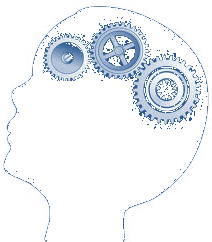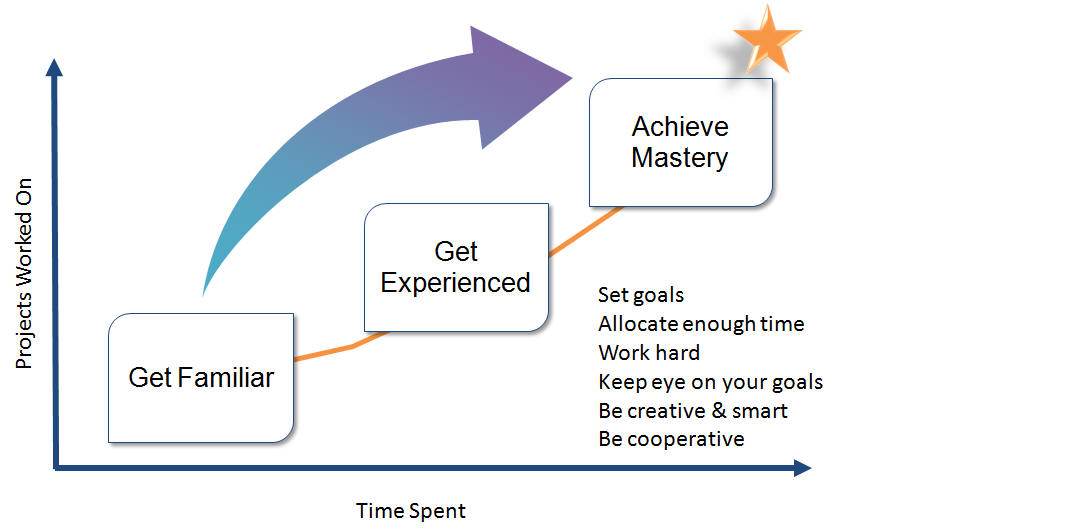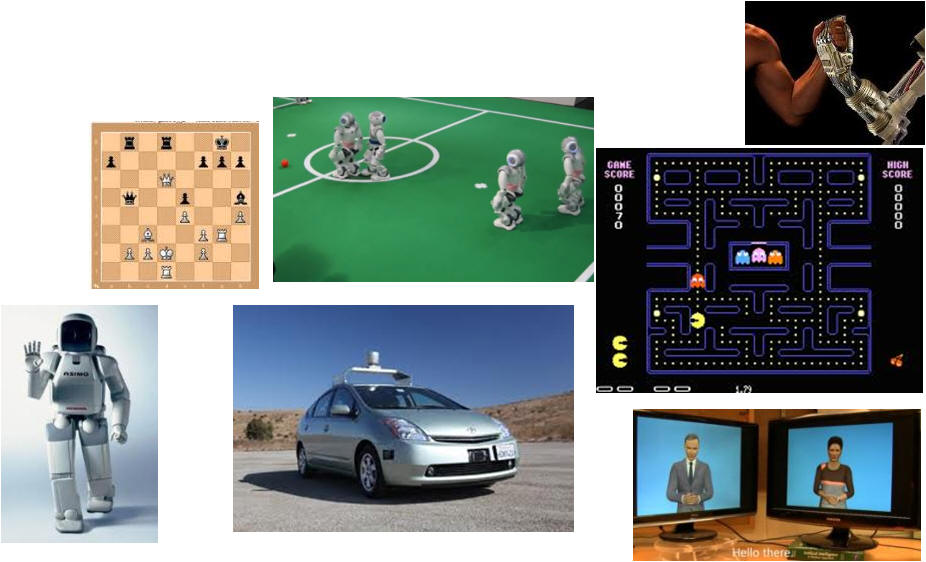

King Fahd University of Petroleum & Minerals
Information and Computer Science Department

ICS 381: Principles of
Artificial Intelligence (3-0-3) [Core Course]
Syllabus – Fall Semester
2012-2013 (121)

Website:
All
course material and resources are posted in Blackboard (WebCT)
http://webcourses.kfupm.edu.sa
Class Time, Venue and Instructor Information:
|
Time |
Venue |
Instructor |
Office Hours |
|
SMW
11:00-11:50am |
24/141 |
Dr. EL-SAYED EL-ALFY
Office: 22-108
Phone: 03-860-1930
E-mail:
alfy@kfupm.edu.sa,
http:faculty.kfupm.edu.sa/ics/alfy
|
Announced on Blackboard |
Course Catalog Description
Introduction to Artificial Intelligence (AI), history and applications; First
order logic; State space representation; Blind and heuristic search; Constraint
satisfaction and planning; Knowledge representation; Reasoning in uncertain
situations; Machine learning; Prolog programming; Natural language processing;
Expert systems and real AI applications.
Pre-requisites: ICS
253: Discrete Structures I (or Equivalent)
Course Objectives
![]() Provide students with in-depth knowledge of important concepts, problems
solving, and techniques in AI
Provide students with in-depth knowledge of important concepts, problems
solving, and techniques in AI
![]() Introduce students to the basic toolkit of AI algorithms and representation
methods that can be applied to a wide variety of real world problems.
Introduce students to the basic toolkit of AI algorithms and representation
methods that can be applied to a wide variety of real world problems.
Course Learning Outcomes
Upon completion of the course, you should be able to:
Required Material
![]() Artificial Intelligence: A Modern Approach, 3/E. By Stuart Russell & Peter
Norvig, Prentice Hall, 2010.
http://aima.cs.berkeley.edu/
Artificial Intelligence: A Modern Approach, 3/E. By Stuart Russell & Peter
Norvig, Prentice Hall, 2010.
http://aima.cs.berkeley.edu/
![]() Lecture Handouts
Lecture Handouts
Other Recommended References
![]() Artificial Intelligence: A Guide to Intelligent Systems, 2/E. By
Michael Negnevitsky,
Addison-Wesley Publisher, 2005.
Artificial Intelligence: A Guide to Intelligent Systems, 2/E. By
Michael Negnevitsky,
Addison-Wesley Publisher, 2005.
![]() Prolog Programming for Artificial Intelligence, 4/E. Ivan Bratko, Addison-Wesley
Publisher, 2012.
Prolog Programming for Artificial Intelligence, 4/E. Ivan Bratko, Addison-Wesley
Publisher, 2012.
![]() An Introduction to Prolog Programming, Lecture Notes, King's College London and
University of Amsterdam, 1999-2007.
(PDF)
An Introduction to Prolog Programming, Lecture Notes, King's College London and
University of Amsterdam, 1999-2007.
(PDF)
Assessment Plan
|
Assessment Tool |
Weight |
|
Class work: Homework/Programming Assignments & Quizzes, Participation,
etc. |
18% |
|
Term Project |
12% |
|
Major Exam I (6th Week, Wed.) |
20% |
|
Major Exam II (11th Week, Wed.) |
20% |
|
Final Exam (semi-comprehensive)
[Date: as announced by the registrar; Tuesday Jan.
1, 2013 @7:30am] |
30% |
Tentative Schedule
|
# |
Topics |
Ref. selected topics |
Additional Activities |
|
1 |
Introduction to AI, history and applications |
Ch. 1 |
|
|
2 |
Intelligent agents & Expert systems |
Ch. 2 |
|
|
3 |
Languages and programming techniques for AI (Prolog, Lisp, Python) |
Extra handout |
|
|
4 |
Problem solving by searching: Uninformed and informed search, local
search |
Ch. 3, 4 |
|
|
5 |
Adversarial search |
Ch. 5 |
|
|
6 |
Constraint satisfaction problems |
Ch. 6 |
|
|
7 |
Knowledge representation and reasoning: propositional and first-order
logic |
Ch. 7, 8, 9 |
|
|
8 |
Planning and acting |
Ch. 10, 11 |
|
|
9 |
Reasoning in uncertain situations |
Ch. 13, 14 |
|
|
10 |
Machine learning |
Ch. 18, 20, 21 |
|
|
11 |
Natural language processing |
Ch. 22, 23 |
|
|
12 |
Other applications of AI (Perception, Vision, Robotics) |
Ch. 24, 25 |
|
How to do well and become a star?

Sample AI Applications





Related AI Books
Other Resources on the Web:
MIT’s Computer Science and Artificial Intelligence Laboratory (CSAIL)